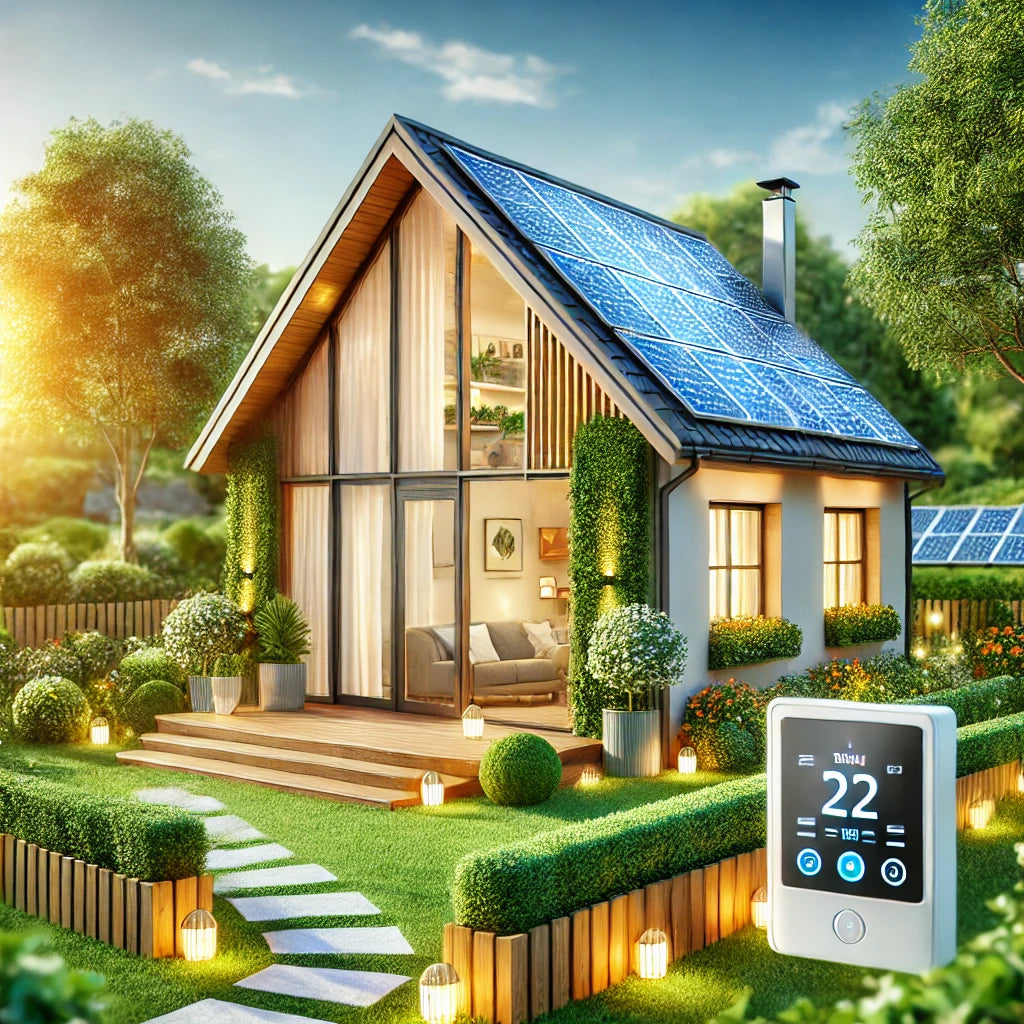
Efficiency: A Guide to Maximizing Energy Use and Saving Money
Energy efficiency is a big deal these days. It’s not just about saving the planet (although that's a huge bonus!), but also about saving money and running a more efficient business or home. Let’s dive into what energy efficiency really is, why it matters, and how you can apply it in practical ways to benefit both your pocket and the environment.
What Is Energy Efficiency?
Understanding the Basics
At its core, energy efficiency is about using less energy to accomplish the same tasks. Whether it’s lighting a room, heating water, or running appliances, the goal is to reduce the amount of energy required while still achieving the desired result. This efficiency can be applied in various areas of life, from homes and offices to factories and entire cities.
Why It Matters
Energy efficiency is crucial for several reasons:
- Cost Savings: By consuming less energy, you save money on electricity bills.
- Environmental Impact: Less energy use means fewer emissions from power plants, reducing your carbon footprint.
- Energy Security: Efficient use of resources helps ensure a stable energy supply for the future.
How to Improve Energy Efficiency
1. Conduct an Energy Audit
One of the first steps to better energy efficiency is understanding your current consumption. An energy audit helps identify where energy is being used and where it can be saved. Many companies offer energy audit services, but you can also do a basic audit yourself.
2. Use Energy-Efficient Appliances
Switching to energy-efficient appliances can have a significant impact on your energy usage. Look for appliances with an ENERGY STAR label — they’re designed to consume less power without sacrificing performance. This includes everything from refrigerators and dishwashers to air conditioners and computers.
Key Appliances to Upgrade:
- LED Lighting: LEDs use up to 90% less energy than traditional bulbs.
- Smart Thermostats: These allow you to control heating and cooling more efficiently.
- Efficient HVAC Systems: Investing in a modern HVAC system can reduce energy use dramatically.
3. Insulate Properly
Good insulation is essential for keeping your home or business energy-efficient. Insulation helps maintain indoor temperatures, reducing the need for excessive heating or cooling. Proper insulation in walls, roofs, and floors can make a huge difference in energy consumption.
Areas to Focus On:
- Attics: A well-insulated attic keeps heat from escaping in winter and keeps cool air in during summer.
- Windows: Double or triple-pane windows provide better insulation than single-pane options.
- Doors: Weatherstripping around doors can prevent air leaks.
4. Use Smart Technology
Smart technology lets you monitor and control energy usage in real time. Smart meters track electricity usage and offer insights into patterns of consumption, helping you identify areas for improvement. Smart plugs can also help by letting you turn off devices remotely, reducing standby power consumption.
5. Optimize Heating and Cooling
Heating and cooling account for a large portion of energy consumption in homes and businesses. Here are a few tips to optimize your system:
- Seal Air Leaks: Use caulk or weatherstripping to seal gaps around windows and doors.
- Use Ceiling Fans: They can circulate air effectively, allowing you to rely less on AC.
- Regular Maintenance: Keep your HVAC system clean and well-maintained to ensure it runs efficiently.
FAQs
What Does Energy Efficiency Mean?
Energy efficiency means using less energy to complete the same tasks or produce the same results. It’s about getting the most out of the energy you consume by reducing waste.
How Does Energy Efficiency Save Money?
By using energy more effectively, you reduce consumption, which directly lowers your utility bills. This can add up to substantial savings over time, especially with high-energy appliances.
What Are the Best Energy-Efficient Appliances?
Look for appliances with the ENERGY STAR label, as they meet strict energy efficiency standards. Examples include LED lights, smart thermostats, and efficient HVAC systems.
What Are Simple Tips to Save Energy at Home?
Here are a few simple ways to save energy:
- Turn off lights when leaving a room.
- Unplug devices when not in use.
- Use energy-efficient lighting, like LEDs.
Why Is Insulation Important for Energy Efficiency?
Insulation reduces the need for heating and cooling by keeping your home’s temperature stable. This minimizes the work your HVAC system has to do, saving energy and money.
Conclusion
Energy efficiency is more than a buzzword; it’s a practical approach to reducing costs, minimizing environmental impact, and ensuring a stable energy future. By making small, thoughtful changes — like upgrading appliances, adding insulation, and using smart technology — you can start saving energy and money today. Whether you’re at home or running a business, the benefits of energy efficiency are too significant to ignore.